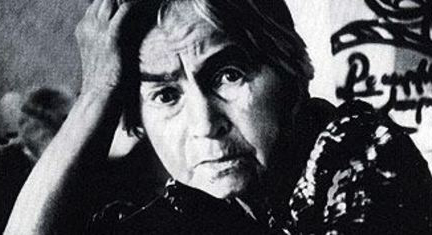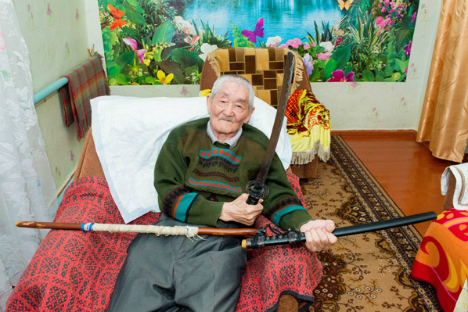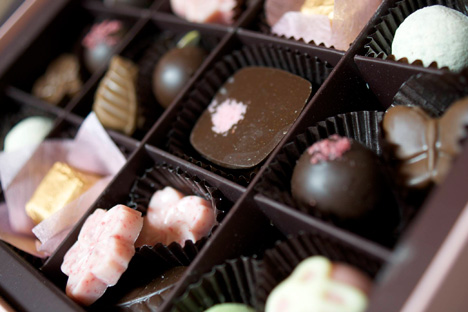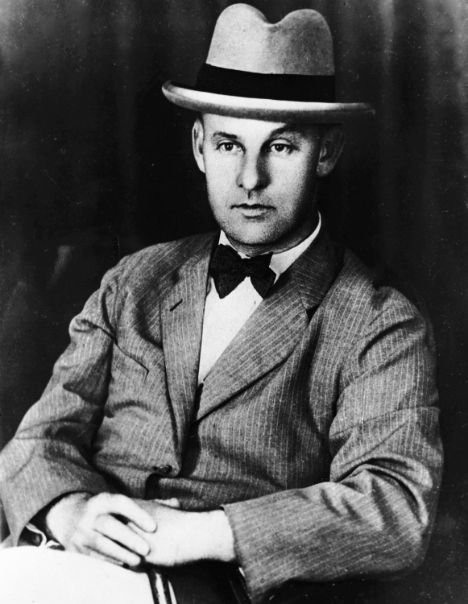Taihō Kōki: A beacon from Sakhalin in the world of sumo
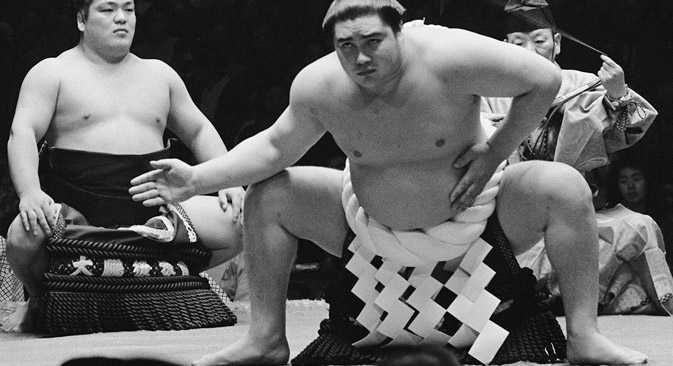
Sumo wrestling legend Taihō Kōki. Source: AFP/East news
Few people outside Japan know that sumo wrestling legend Taihō Kōki, who passed away in Tokyo two years ago, could trace his roots to the Russian island of Sakhalin.
Taihō, the Sakhalin-born son of a Japanese mother and an ethnic Ukrainian father, is considered a fine example of what a mixed race person can achieve in what is a traditionally conservative country.
Taihō’s father, Markian Boryshko, was born in what is now Ukraine, which was then a province of the Russian Empire. In the late 19thcentury, many inhabitants of Ukraine ventured to the Russian Far East and the island of Sakhalin, exploring and settling in those sparsely populated lands.
Boryshko arrived in Sakhalin in 1900. Despite the harsh living conditions on the island, he became a successful businessman and fared quite well until the 1917 Revolution, when his enterprise was destroyed.
Some accounts suggest that he joined the White Army, which fought the new Bolshevik authorities in the Russian Civil War. Boryshko was obliged to leave the northern part of Sakhalin with the withdrawing Japanese troops in 1925, settling in the town of Shisuka (currently Poronaysk). It was there in 1928 that he met Kiyo Naya, who would become his wife. The couple led a happy life in Shisuka until 1945, when the Soviets took control of southern Sakhalin.
The family was separated when Japanese residents of southern Sakhalin were evicted from the island. Kiyo, along with their four children, went to Japan, while Markian stayed behind in Sakhalin.
Markian was initially convicted on political charges, but went on to become a guard at the Sakhalin regional museum. His personality was vivid and colorful, attracting the attention of local journalists. Although Markian was the subject of two newspaper articles, Sakhalin journalists had no idea that his Poronaysk-born son Ivan was already making his ascent to the top of the sumo world in Japan.
Recognition in Ukraine and Russia
Despite the outstanding achievements of Taihō, he was unknown in the Soviet Union, especially since the authorities were not eager to glorify someone who was a child of a ‘White Russian.’ Once the USSR collapsed, the situation changed. Views on the country's past shifted, as did attitudes towards previously unknown sports.
Although an amateur sumo federation has been set up in Russia, Ukrainian and Russian sumo wrestlers have not yet been able to achieve any notable success in professional sumo. Nevertheless, Taihō visited Ukraine in 2002, establishing a tournament that was named after him. In 2011, he was awarded the Order of Merit by the Ukrainian government.
Later that year, Taihō was honored with a monument, erected in the port city of Odessa, a city he never visited. It was, however, from the Black Sea port that Markian Boryshko set out for Sakhalin to start a new life.
Russians have also only recently begun to truly grasp the greatness of Taihō. Russian sumo expert Denis Isayev says Taihō is a sports legend equal to Mohammed Ali and Pele. “Taihō is a hero not only for Japan, but for the whole world. We, the Russians, can take pride in the fact that the champion was called Ivan when he was a child,” Isayev says. “A five-year-old boy who was exiled from his family home with his mother, forever separated from his father, could very well have harbored a grudge against the Soviet Union. But Taihō never hated the USSR or Russia.” Isayev adds that Taihō played an active role in promoting the sport in Russia. “The emerging interest in sumo wrestling in modern Russia is sure to help build a bridge of friendship between our countries. And this will be the best way to honor Taihō.”
Russian amateur sumo wrestlers are among the best in the world. As for professional sumo, at the moment, the country only has a giant beacon from Sakhalin, who is a great source of pride and hope.
All rights reserved by Rossiyskaya Gazeta.
Subscribe
to our newsletter!
Get the week's best stories straight to your inbox
